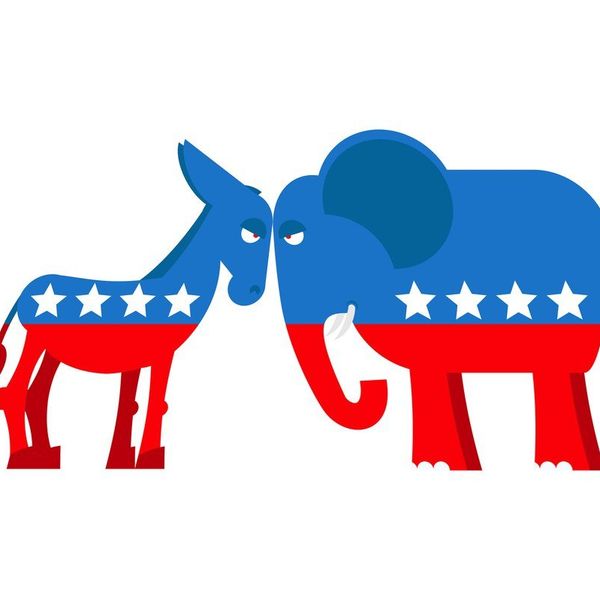This weekend, before classes start for the spring semester of 2017, I attended a community engagement retreat, entitled “Alliances for Justice Active Leadership.” I didn’t quite know what to expect, but it was interesting, meaningful, and eye-opening.
During our three days, we spent a great deal of time discussing and defining the word “dialogue.” Especially compared to conversation and debate, dialogue is a lot more effective in creating change and constructive discussion.
The purpose and usage of conversation may usually be pretty “casual,” and debate may be intended to argue that one opinion is “right,” dialogue is intended for learning, and for intellectual growth.
In our discussion of dialogue during this retreat, our intention was to realize how helpful this sort of advanced and productive form of communication can be in our everyday personal and political lives.
We talked a lot about the conversations we’ve found ourselves in in which we’ve been diametrically and polarizing opposed in viewpoint to those we are speaking to. These conversations can be really difficult to navigate. They often more resemble debates, in that neither party speaking listens very carefully to their counterpart, and rather fights tooth and nail to persuade that their opinion is correct and that which is opposing is incorrect, or furthermore that it’s stupid.
What dialogue in it’s true and intended, and more productive, form looks like is a lot more listening, taking interested in the lives of those you are talking with, and aiming to gain understanding about the multiplicity of viewpoints.
Especially in our current political climate, when it is becoming harder and harder to talk to people about frustrating, hurtful, and problematic issues and remarks without families and friends being hurt and broken apart, effective dialogue is becoming more and more important. The more our country becomes polarized and offensive, the more necessary it is to repair what is broken and heal our polarized relationships.
The point of our retreat this weekend was to inspire us students to facilitate dialogue and help eradicate ignorance and micro-aggressions on our own campus. For me, I often find myself shy to push myself to create a dialogue when I hear problematic remarks. In learning more about what productive dialogue looks like and sounds like, I feel a lot more capable and willing to step up and become someone who is brave enough to talk to people about important issues like racism, homophobia, transphobia, and sexism.
If we can recognize that these issues are important, then we should all recognize that they need to be talked about, that we need this effective and professional dialogue to push past arguments, ignorance, and polarizing hateful rhetoric that’s often aroused in dysfunctional debates among peers. What we need, to gain peace and education, is respect and understanding, not more fighting and argumentative language.
If you'd like to read more about this theory, please follow up with this webpage: https://www.greatplacetowork.com/blog/587-the-difference-between-debate-discussion-and-dialogue



















